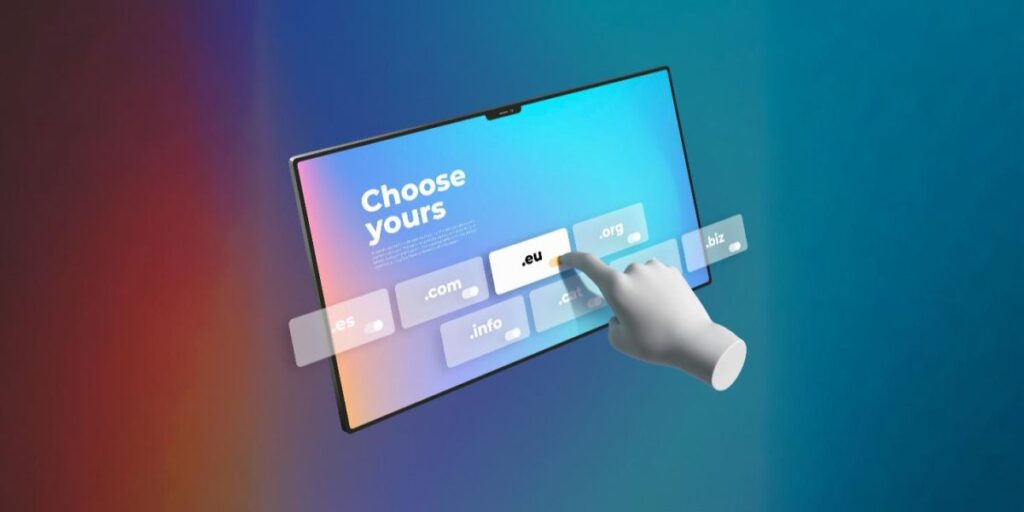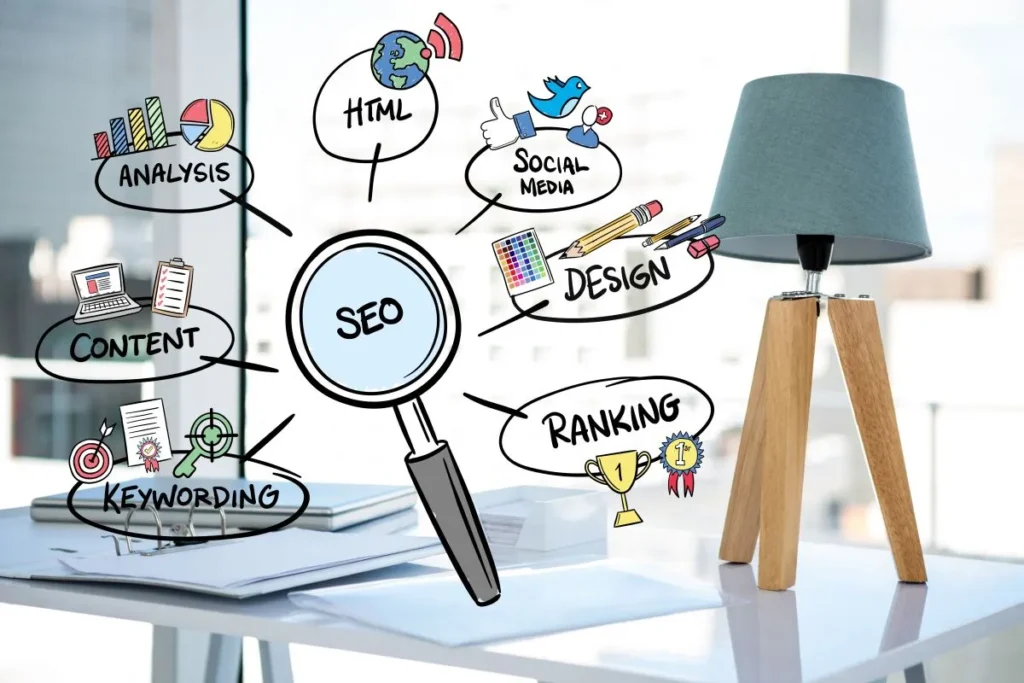Think about walking into a shop where everything is impressively set up with the necessary signs, alluring showcases, and a flawless payment process. Now visualize your landing page as that webshop. Is it directing visitors towards a purchase without much hassle, or are they departing annoyed and baffled? In the digital world, your landing page is most often the first interaction you have with prospective clients; if it is cluttered, slow, or disorganized, most likely it will make you lose leads and sales. In this blog, we aim to evaluate the landing page optimization best practices that perform, engage, and impress people long after they have left the page.
Why the Trial and Error Method is Essential in Landing Page Design
Quite simply put, not all landing pages are able to gel on the first go. Some of the pages will perform somewhat poorly while others will shine effortlessly. Even the best marketers and designers undergo numerous stages before alighting onto a version that works. Why? Because the modern user is erratic, and a single audience niche differs from another, what works for them may not work for anyone else.
Let’s say you design an eye-catching landing page, but its conversion rate is unsatisfactory. This is the phase where trial and error comes in. You can try implementing different elements and seeing the response. A/B testing helps you measure the impact of multiple designs by comparing them against two versions of one page. You will be able to figure out what works better.
Common Issues in Poorly Designed Landing Pages
| Issue | Impact |
| Slow Loading Times | Higher bounce rates and lower search engine rankings. |
| Unclear CTAs | Confuses users and reduces conversions. |
| Lack of Mobile Optimization | Excludes a significant portion of users who browse on smartphones. |
| Overwhelming Content | Users struggle to find essential information, leading to frustration. |
| Poor Visual Hierarchy | Key elements like CTAs and value propositions get lost in the clutter. |
Why Ignoring Landing Page Best Practices Can Be Costly
Users these days do not have the time to interact with poorly designed landing pages. According to Google, 53% of mobile users will abandon a site if the load time exceeds three seconds. Similarly, a poorly designed layout might turn potential clients towards your rivals.
The Impact of Bad Landing Page Design on Businesses:
- Lost Revenue: A poorly optimized landing page can result in missed sales opportunities.
- Damaged Brand Reputation: A frustrating user experience can erode trust in your brand.
- Wasted Ad Spend: If your landing page doesn’t convert, your paid advertising efforts are wasted.

Step-by-Step Guide to Landing Page Best Practices
Creating a landing page that converts requires a strategic approach. Here are some proven best practices to help you get started:
1. Define a Clear Goal
A landing page should always have a singular, defined target. The goal of every page can be capturing leads, selling a product, or getting sign-ups, in which case the page elements need to have a streamlined focus. Having multiple CTAs clustered together on a single page might have more negative impact than positive.
2. Craft a Compelling Headline
Make sure you focus on the 4 C’s that are clear, concise, compelling, and credible. The first thing users notice should automatically bind their interest to your site. Every catchy headline needs to be straight to the point, easy to read, and relevant to the user’s goal. For instance, if your ad has a free ebook, then your headline must state it makes it possible.
3. Use Persuasive Copy
If you want to make your article easy to scan, make use of bullet points, short paragraphs, and subheadings. Always refrain from enticing the user only with the features; always place your focus on the benefits that come along instead.
4. Leverage Visual Hierarchy
Make sure to place the most prominent feature of the ad at the eye-level focus point for easy visibility; these are your Call to Action (CTA), value, and key propositions. Your target audience’s eyes should automatically be drawn to these words using bold fonts and vivid colors alongside unique placement.
5. Include Social Proof
Testimonials, reviews, and case studies can build trust and credibility. If possible, use real names, photos, and statistics to make your social proof more convincing.
6. Simplify Forms
In case you want to gather leads, make sure the forms are direct to the point. Ask only what is needed, such as email address and name. The less info you ask, the higher your conversion rate will be.
7. Test and Iterate
Vertical formed rules. As we have seen before, ‘testing’ is the last step in organizing your landing page. A/B test any different images, headlines, page layout and most importantly, the CTA. Take a look at what the customer engagement level is and make your decision based on these results.

Comparison: Traditional vs. High-Impact Landing Pages
| Aspect | Traditional Landing Page | High-Impact Landing Page |
| Focus | Aesthetic appeal | User needs and conversion goals |
| CTAs | Generic and unclear | Clear, compelling, and action-oriented |
| Mobile Optimization | Often an afterthought | Mobile-first and responsive |
| Content | Overwhelming and unfocused | Concise, benefit-driven, and scannable |
| Performance | Standard loading times | Optimized for speed and usability |
High-Impact Landing Pages Are the Future
Your business can either succeed or fail based on having a high-functionality landing page, especially in an ever-changing environment. Businesses need to pay attention to their desired audience, enhance their functionality, and test and tweak their design. If your landing pages meet all of these criteria, then you are headed in the right direction. Utilizing high-converting landing page templates can further streamline the process and maximize your results.
Need a High-Converting Landing Page?
At Proteus Technologies, we specialize in crafting landing pages that are visually stunning and optimized for conversions. Whether you’re running a campaign, launching a new product, or looking to generate leads, we can help you create a landing page that delivers. Let’s work together to turn your visitors into loyal customers.





